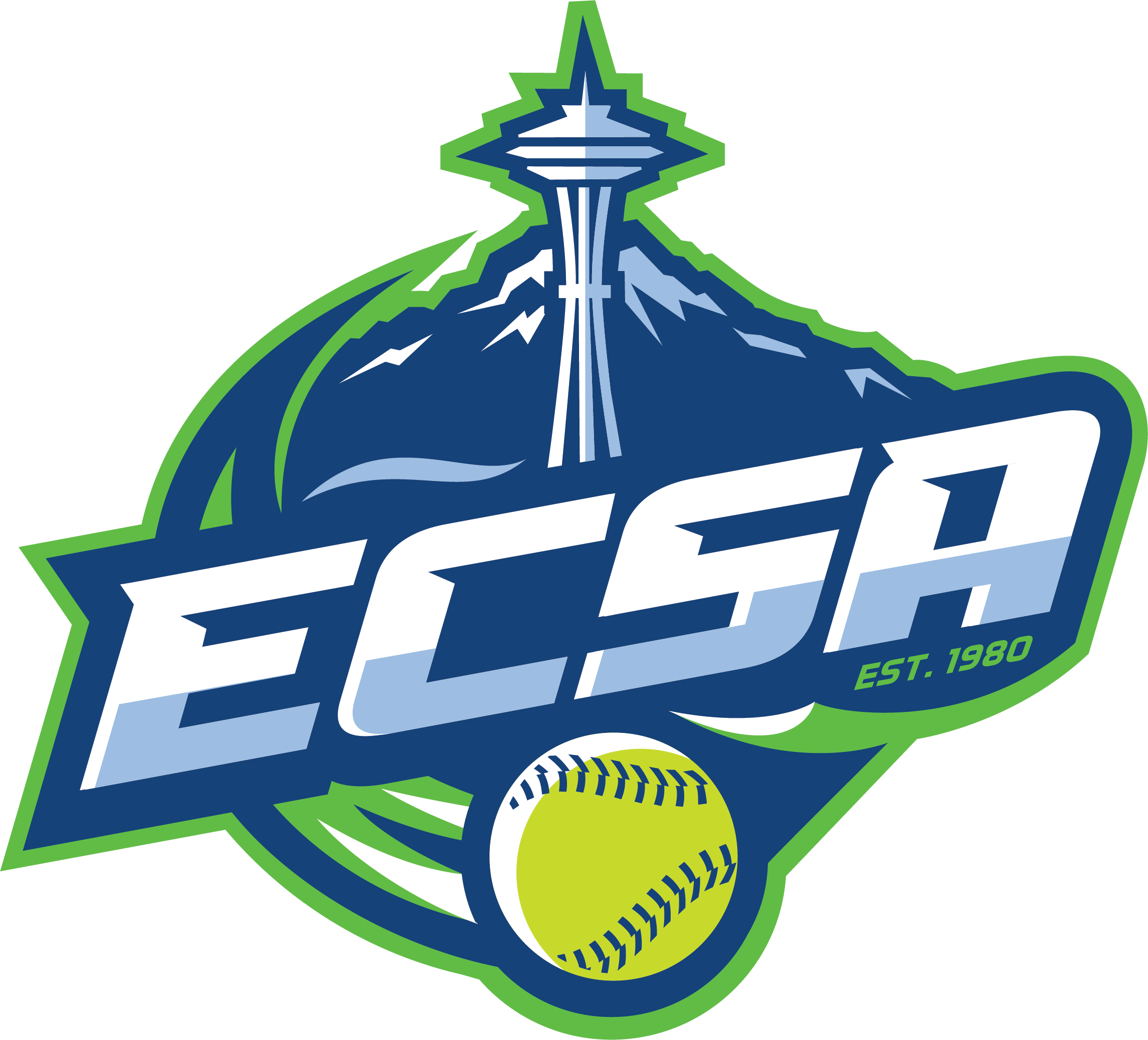- Understand the How ECSA Gameplay Operates
Understand the above ECSA Bylaws, Rules of Play & Exceptions, USA Softball Rules of Play, and banned Softball Bat list.
The Code of Conduct is listed in the ECSA Bylaws. It is expected that you as a coach understand and hold your team accountable.
Understand the NAGAAA Ratings system, and work with the ECSA Ratings group to fairly and timely rate your players’ abilities.
- Attend Team Representative Meetings
REQUIRED – You must attend or have a team representative present at all Team Leadership meetings.
Community is the lifeblood of our volunteer organization. We ask that you volunteer for at least one committee listed by the board. An online form is available with a list of current committees for registration.
It is the responsibility of the coach/manager to ensure that all players have registered as an ECSA member, paid their player fee, and signed the liability waiver through the ECSA website.
Failure to do so could result in sanctions against the coach & team.
Players need to know what is going on with their team and the ECSA community as a whole. It is your responsibility to cascade all communication provided to you from the board to your team.
ECSA encourages everyone to like/follow us on Facebook, Twitter, and subscribe to the ECSA Newsflash to stay current on all communications.
Rainout information will be communicated through many avenues (email, facebook, twitter, & text message). ECSA tries to provide an update within 10 minutes to 1 hour after a rainout is announced. It is not ECSAs decision to determine a rainout scenario, but the field crews associated with the play fields.
ECSA encourages everyone to like/follow us on Facebook, Twitter, and subscribe to the ECSA Newsflash to stay current on all communications.
Game schedule for the season will be communicated to coaches by their respective Division Assistant Commissioner, made publicly available to the public through our website, and ECSA NewsFlash.
Per the ECSA Bylaws & Rules of Play, rainouts make up games will be played the Saturday following the rained out game, unless an exception is made following the ECSA Bylaws & Rules of Play or made by the Executive Board or ECSA league Commissioner.
ECSA encourages coaches/managers to promote both team and league events and fundraising opportunities
ECSA will attempt to provide concession vendors for game days. It is the responsibility of the coaches and managers to communicate that out to their teams & fans, in order for them to make enough business to justify coming back the following weekend. For a schedule of the vendors to be present, click HERE.
ECSA encourages all coaches and managers to provide feedback to any aspect of the league. Without your feedback, we cannot improve our organization!
